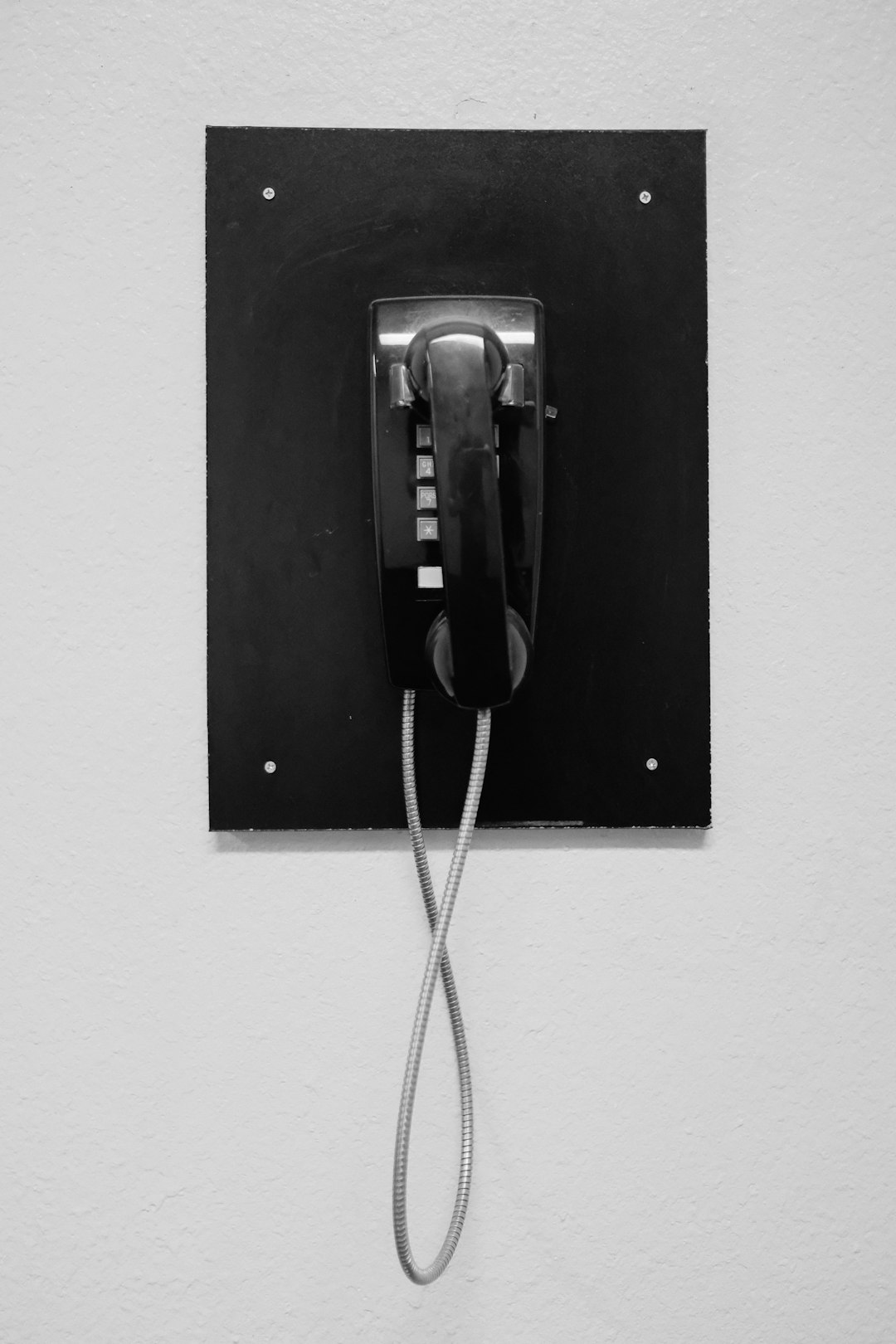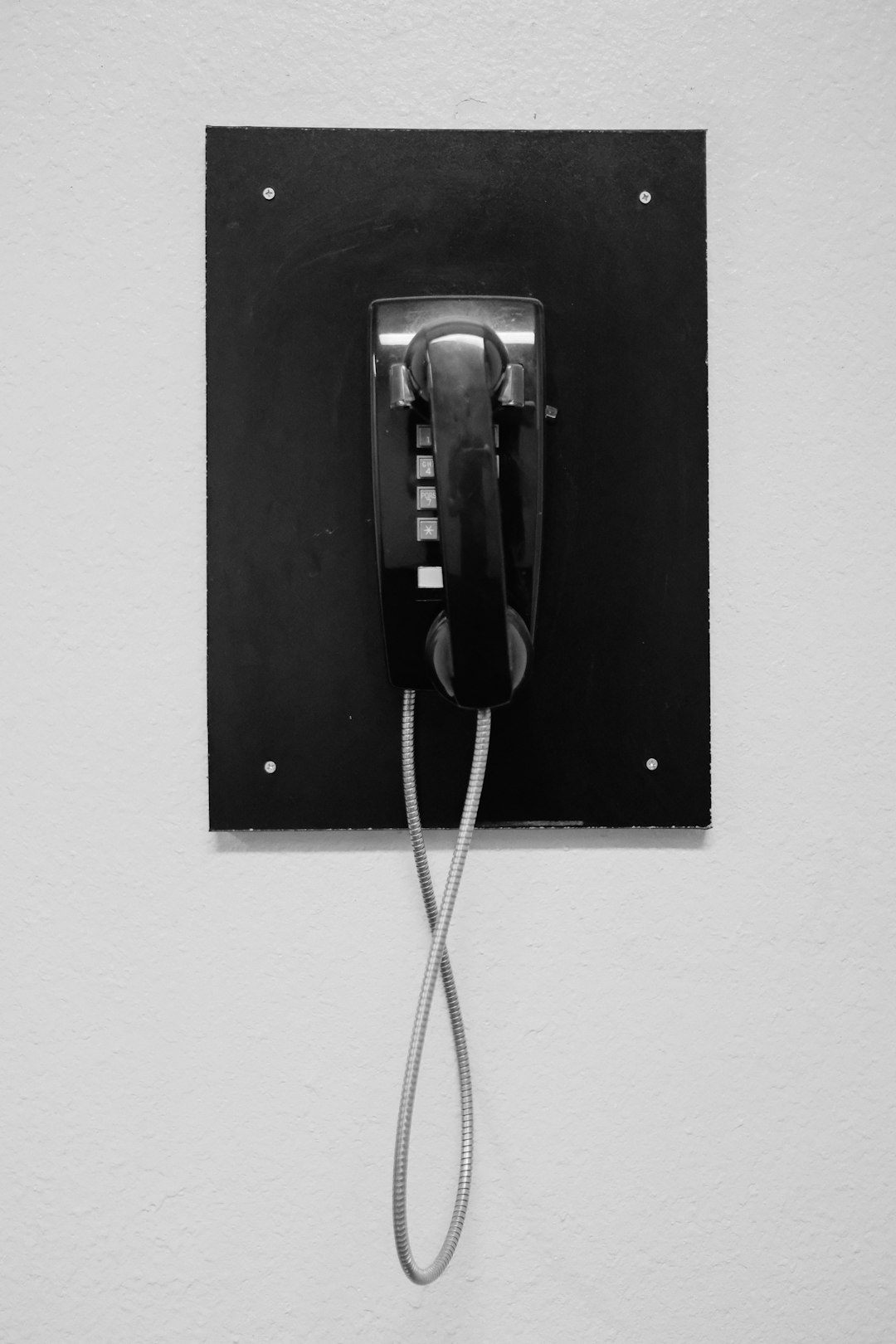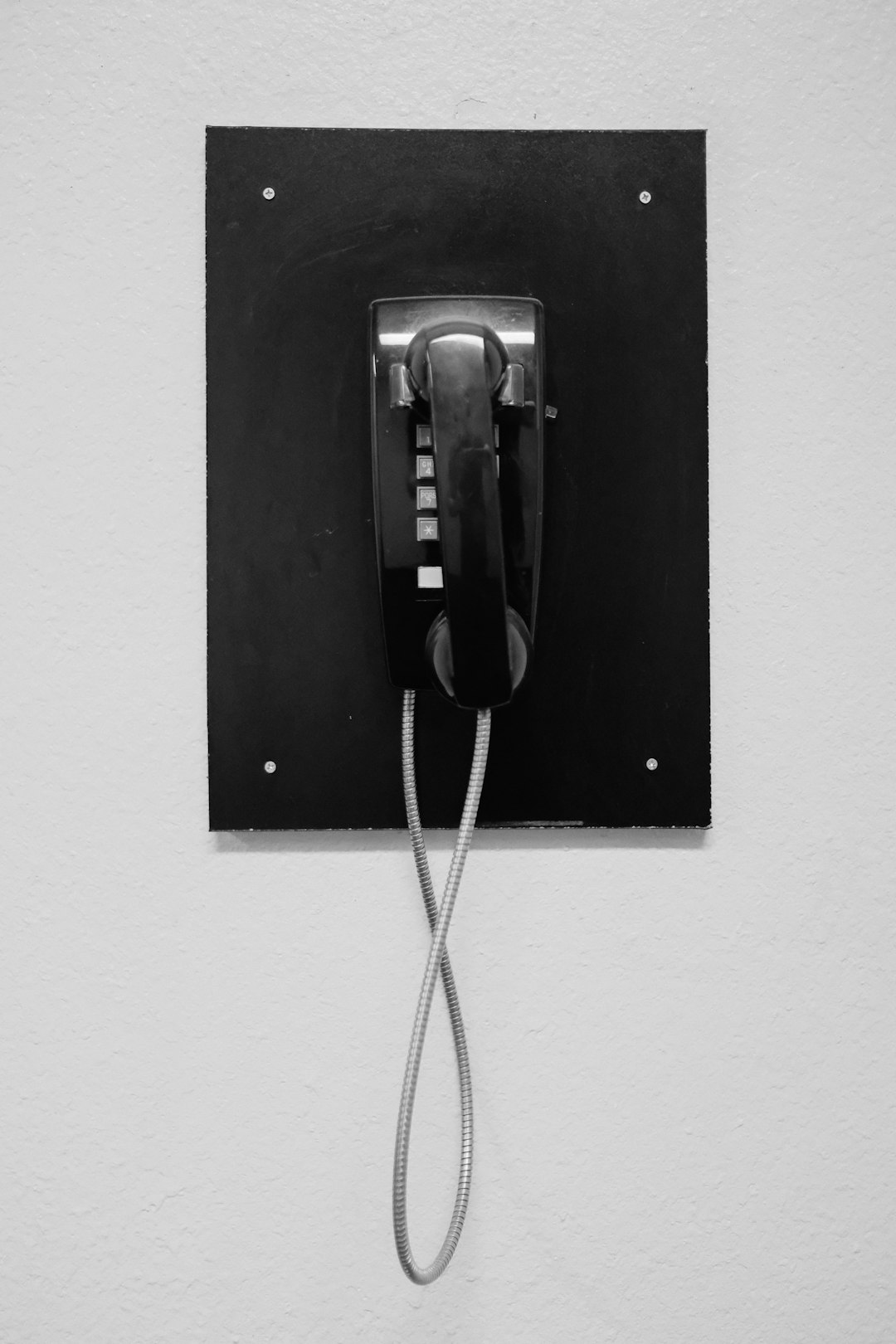Spam calls from automated systems and out-of-state marketers have reached epidemic levels in Tucson, disrupting residents' lives and privacy. Advanced technologies like AI personalization and VoIP masking make it hard to distinguish legitimate calls. Arizona laws like the TCPA and Arizona Consumer Fraud Act offer protections, and consulting a lawyer for Unwanted call Arizona can help residents file complaints and seek damages. Technological advancements, such as AI-driven spam identification and blocking apps, empower residents to reclaim peace of mind. Effective strategies include registration on the National Do Not Call Registry, using blocking apps, legal action against spammers, and being mindful of online information sharing.
Tucson residents face a growing menace in the form of spam calls, which can disrupt daily life and invade privacy. This article explores the pervasive impact of automated telemarketing on Tucson’s populace and delves into innovative solutions powered by technology to combat this issue. We examine the legal protections available under Arizona’s regulations and guide residents on practical steps to mitigate unwanted calls, highlighting the crucial role a lawyer for unwanted call Arizona can play in navigating these complex issues.
Understanding the Impact of Spam Calls on Tucson Residents

Spam calls, or unwanted telephone marketing calls, have become a significant nuisance for Tucson residents. These calls, often automated and originating from out-of-state or even international sources, inundate household phones at all hours. The impact is substantial; it disrupts daily routines, invades privacy, and can lead to increased stress levels and financial burden, especially when disguised as emergency messages or legitimate business inquiries. Many Tucson residents have turned to a lawyer for unwanted call Arizona to seek relief and protect their rights.
The rise of technology has facilitated this growing problem. Spammers leverage sophisticated tools and databases to target specific areas and individuals, making it challenging for residents to avoid these relentless calls. The frequency and personalization of spam calls further exacerbate the issue, as personal information is often used to make the calls seem more convincing and less obtrusive.
The Rise of Automated Telemarketing and Spamming Techniques

In recent years, the landscape of telemarketing has undergone a significant transformation with the advent of automated systems and sophisticated spamming techniques. What was once a manual process involving live agents has evolved into a largely computer-driven effort, making it easier for unscrupulous entities to target Tucson residents with unwanted calls. These automated systems, often employing artificial intelligence, can make millions of calls daily, adapting their messages in real time based on consumer responses. This relentless and highly personalized approach has made it increasingly challenging for individuals to differentiate legitimate calls from spam.
The rise of voice over IP (VoIP) technology has further exacerbated the problem by allowing spammers to mask their identities and make calls appear local. As a result, Tucson residents are often subject to incessant phone calls from unknown sources, promoting various products, services, or even fraudulent schemes. This deluge of spam calls not only disrupts daily life but also poses significant risks, particularly when tailored messages aimed at vulnerable individuals can lead to identity theft or financial loss. Seeking legal counsel from an expert in unwanted call Arizona becomes a crucial step for those fed up with this nuisance and eager to protect their privacy and rights.
Legal Frameworks and Protections Against Unwanted Calls in Arizona

In Arizona, including Tucson, there are robust legal frameworks in place to protect residents from unwanted calls, often referred to as spam calls. The Telephone Consumer Protection Act (TCPA) is a federal law that regulates telemarketing practices and provides significant protections for consumers. It prohibits companies and individuals from making automated or prerecorded phone calls to residential telephone numbers without prior express consent. Arizona also has its own regulations, such as the Arizona Consumer Fraud Act, which further reinforces these protections against unwanted contact.
Residents who are facing a barrage of spam calls can take action by consulting with a lawyer specializing in unwanted call cases. These legal professionals can guide them through the process of filing complaints with relevant authorities and seeking damages if necessary. By leveraging these legal frameworks, Tucson residents can reclaim their peace of mind and enjoy more secure phone communications.
How Technology is Revolutionizing Spam Call Detection and Blocking

In today’s digital era, technology is playing a pivotal role in revolutionizing spam call detection and blocking, providing Tucson residents with much-needed relief from unwanted calls. Advanced AI algorithms now power sophisticated call screening systems that can intelligently analyze caller IDs, patterns, and even voice characteristics to identify and filter out spam calls before they reach your phone. These innovative solutions are becoming increasingly effective at distinguishing between legitimate communications and malicious attempts to solicit or deceive.
For instance, machine learning models can learn from vast datasets of known spam call attributes, enabling them to adapt and improve over time. This ensures that as spammers evolve their tactics, the technology can stay one step ahead by detecting new patterns and blocking even the most sophisticated scams. Moreover, many applications now offer customizable blocking lists, allowing residents to report unwanted calls and contribute to a collective intelligence network that enhances the overall effectiveness of spam call mitigation efforts, offering Tucson residents peace of mind and a safer digital environment.
Practical Steps Tucson Residents Can Take to Combat Spam Calls

Tucson residents can take several practical steps to combat spam calls and reclaim their peace of mind. One effective method is to register on the National Do Not Call Registry, which restricts telemarketers from contacting registered numbers for a period of five years. Additionally, using call blocking apps or features built into modern smartphones can significantly reduce the volume of unwanted calls.
For those receiving persistent spam calls, consulting with a lawyer specializing in unwanted calls Arizona can be beneficial. Legal action, such as filing a complaint with the Federal Trade Commission (FTC), can serve as a deterrent to spammers and protect residents’ rights. Moreover, being cautious about sharing personal information online and verifying the sources of any phone numbers you provide can significantly minimize the likelihood of receiving spam calls in the first place.






